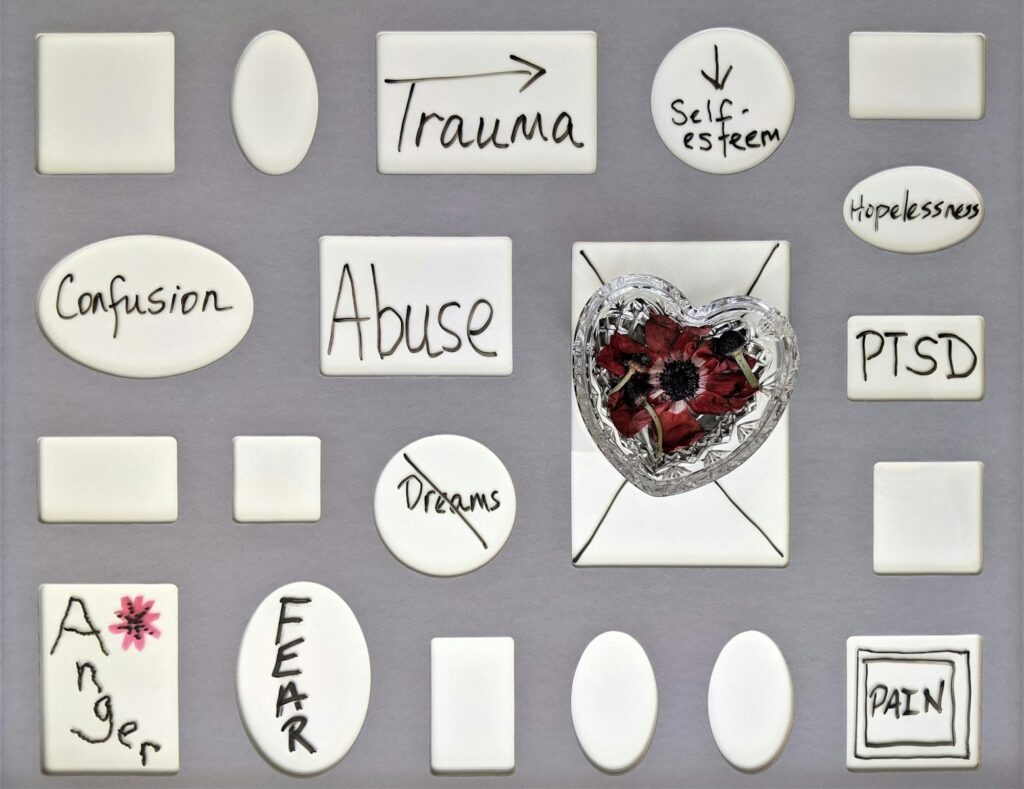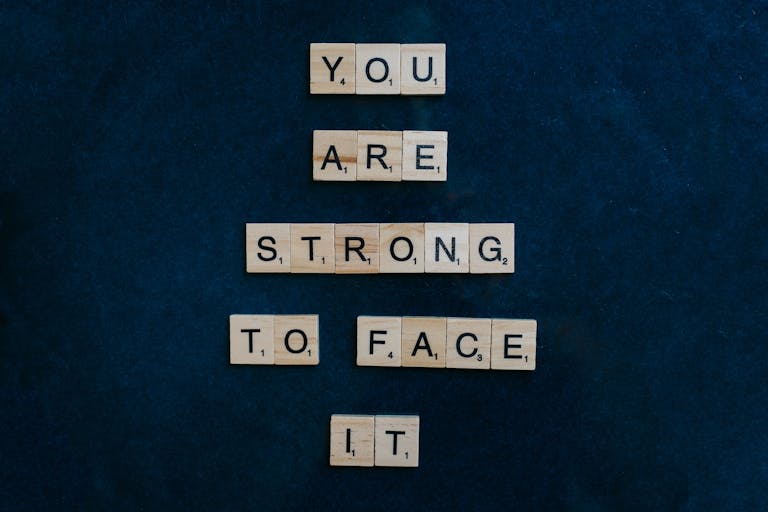
What do you know about medical trauma?
Over the years, I’ve noticed a growing pattern among the people I work with: stories of mishandling, mistreatment, or dismissal from the medical community.
And I am not the only one observing it. The young man who shot a United Health Care executive wrote a whole manifesto about how the insurance company contributed to both his and his mother’s suffering.
Of course, I am not condoning his actions. Still, his behavior does underline the significance of his trauma and his seeming inability to make a better choice for himself and his healing.
If you have a chance to read the manifesto, you’ll see that there were potentially gross mishandlings. But not all injuries need to be extreme to leave their mark.
Sometimes, it’s subtle—a brush-off or a condescending remark. Other times, it’s overt and even harmful.
But no matter how it shows up, medical trauma leaves its mark. The scars aren’t always visible, but they’re real and can take years to heal.
I’ve experienced this personally. As a toddler, I was left alone in a hospital and vividly remember wandering the halls at night, scared and confused.
I was given leg braces to “correct” an alignment issue—a common practice at the time but one that left its own impression on me.
Years later, my son’s first vaccinations triggered food sensitivities and whole-body eczema. It was this experience that led me to become a homeopath, driven by a need to find answers.
But it didn’t stop there. As a teenager, during a routine camp exam, my son was coerced into receiving the MMR vaccine without our consent despite his known sensitivities.
The aftermath of that decision was a painful reminder of how easily trust can be broken, and it left me again helping him recover.
Perhaps you’ve had similar experiences:
● Being pressured into a procedure or medication that left you worse off
● Childhood memories of having your agency taken away
● Being told your symptoms are “all in your head”
● Receiving a shocking diagnosis with little support or compassion
● Enduring misdiagnosis or mistreatment
These experiences don’t just impact your body—they reshape your relationship with yourself and the medical community.
They can leave you feeling disconnected from your own sensations, mistrustful of your intuition, and uncertain about where to turn for help.
No experience is so small as to be insignificant. If it affected you in any way, it is significant.
The aftermath of medical trauma often looks like this
:
● Feeling invalidated or crazy for speaking your truth
● Struggling to connect with loved ones who don’t fully understand
● Being stuck professionally or doubting your capabilities
● Waking up more exhausted than when you went to bed
● Experiencing deep shame or self-blame
● Living with a nervous system perpetually in fight-or-flight mode
● Symptoms that seem to defy explanation
● Feeling trapped in a cycle of pain
These are more than physical symptoms—they echo an experience that made you feel powerless, unseen, or dismissed.
But here’s the truth: healing is possible. It starts with recognizing that your experience is valid, your symptoms are real, and you deserve to feel whole again.
I’ve walked this path myself, and I’ve seen others find their way too. You don’t have to navigate this alone.
Be Well,
Michele





